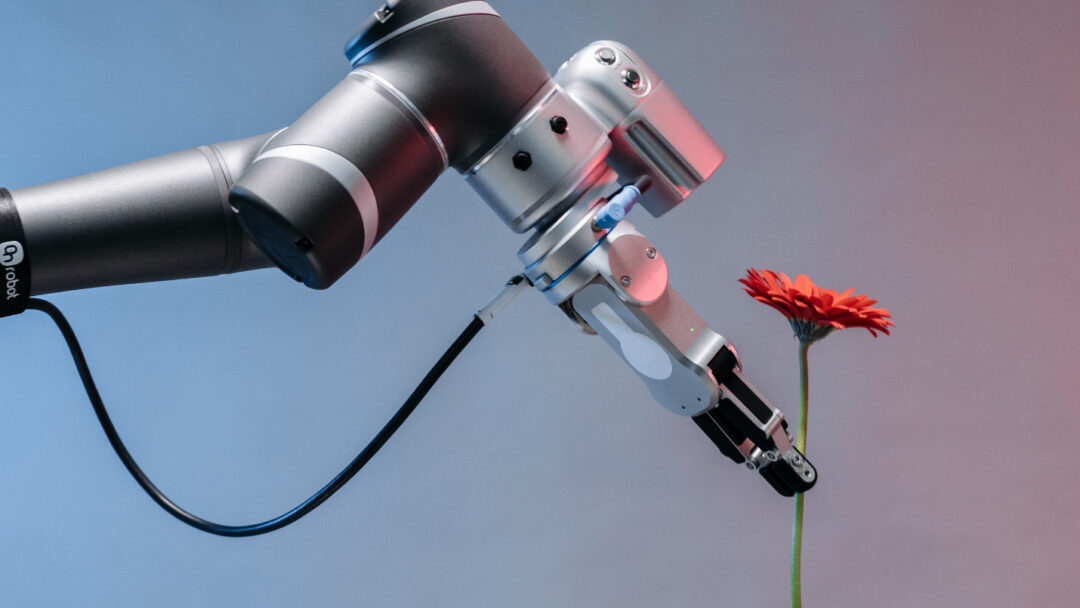Constantinescu, M., Uszkai, R., Vică, C. & Voinea, C.* (2022). Children-Robot Friendship, Moral Agency, and Aristotelian Virtue Development. Frontiers in Robotics and AI, 9:818489. doi: 10.3389/frobt.2022.818489. *Author names appear alphabetically, their contribution being equal.










